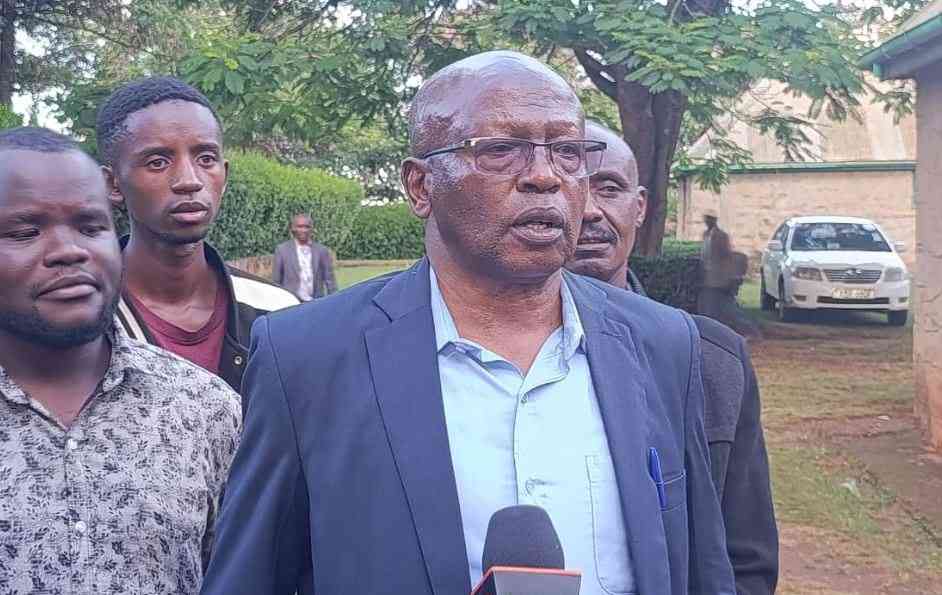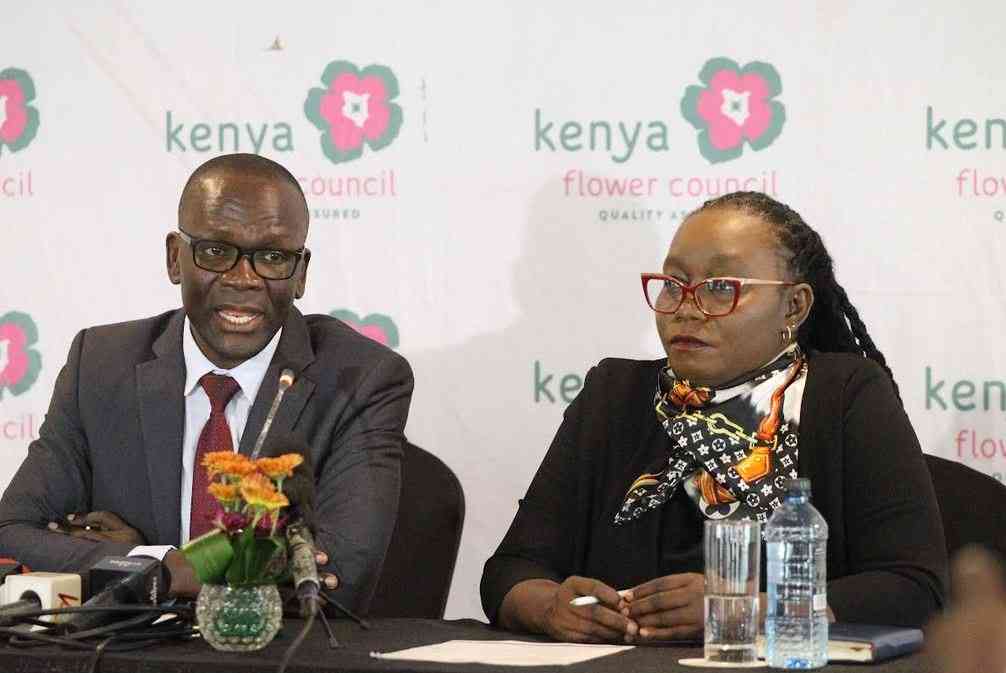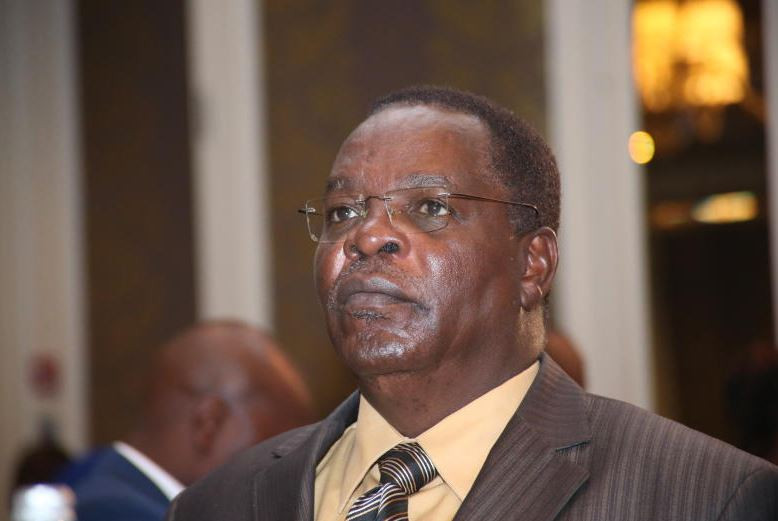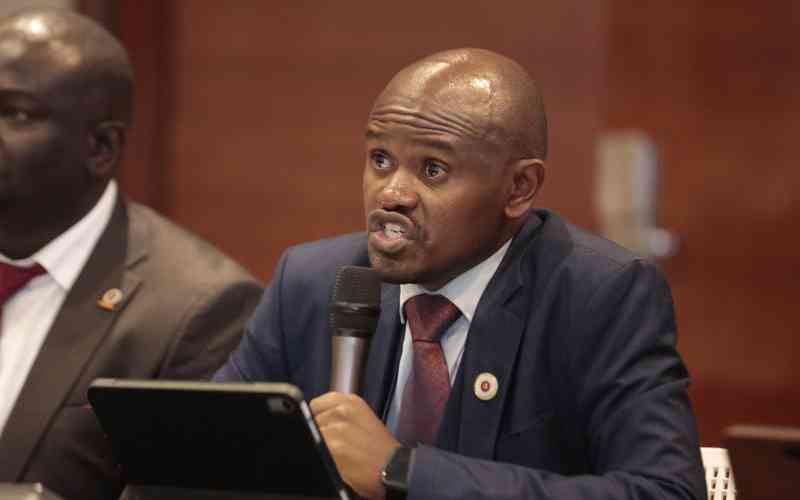×
The Standard e-Paper
Informed Minds Prefer The Standard
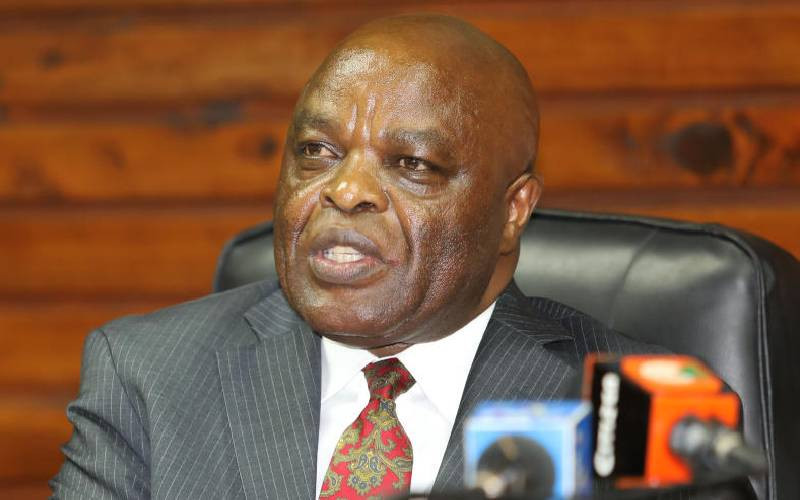
The government must urgently cover the costs of modifying police cells and prisons to accommodate intersex persons who may come into conflict with the law, a High Court ruling has stated.
This follows a distressing case involving a Kenyan athlete now identifying as a woman, who endured harsh treatment at the hands of police officers and hospital medics.
